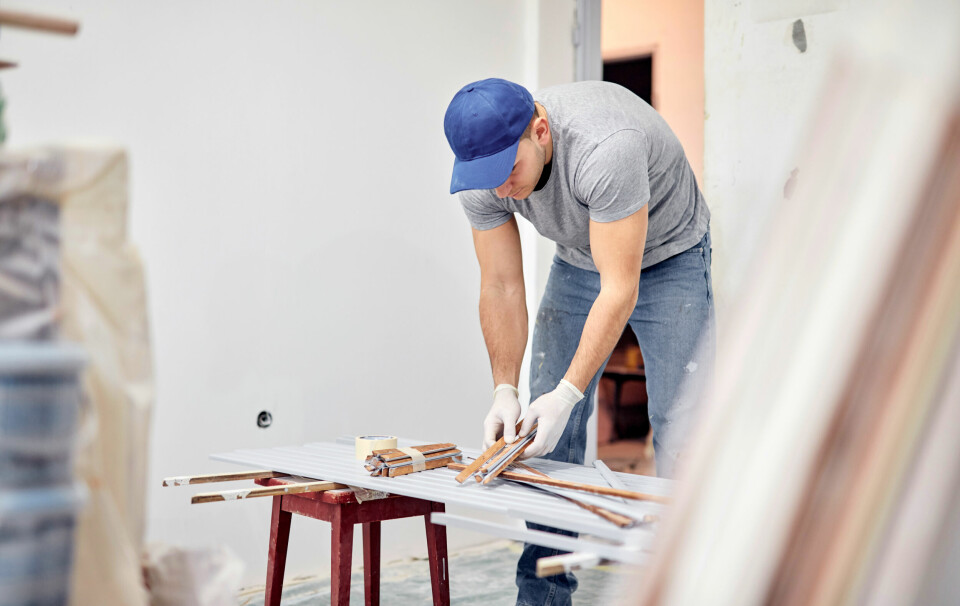France starts to phase out 2G and 3G networks
Older mobiles and devices face becoming obsolete as operators wind down older technology
Older phone models will no longer work in France
A_B_C / Shutterstock
Mobile phone operators in France are starting to wind down their 2G mobile phone networks, meaning some older phone models will no longer work in the country.
Other equipment using the 20-year-old 2G technology, such as older coffee makers which can be turned on by phone, and emergency buttons used by elderly people and in some older cars, will also be affected.
In addition, around half of the country’s lifts will need part of their electronics changed if they use 2G technology in their emergency buttons. This will be done as part of their annual maintenance.
“If anyone has technology using the 2G network, they should contact the suppliers of the device to find out when they need to replace it with more up-to-date technology,” state regulator Arcep told The Connexion.
Read more: How to continue listening to BBC radio in France
Car manufacturers face headache
SOS buttons have been compulsory in new cars in Europe since 2018, and most of them work with hard-wired 2G systems, meaning car manufacturers are likely to have to replace the units for them to continue working.
Car makers said they were forced to use 2G technology because the EU did not give technical approval for 4G systems until long after the introduction date.
In some parts of the country, Free customers with 2G mobile phones reported that they stopped working in 2023.
Orange said it will stop providing its 2G network in 2025, while SFR and Bouygues Telecom will do so in 2026.
Orange and SFR will end their 3G networks in 2028, while Bouygues Telecom has a 2029 date.
End of 'zones blanches'
The 3G network’s development coincided with a concerted effort by the French state to extend the mobile phone network across the whole country, ending so-called ‘zones blanches’ (black spots or dead zones) where there is no mobile phone signal.
This means that the end of 3G is likely to affect more people than the demise of 2G.
While Apple’s first iPhone used a form of 2G connectivity, it was the 2008 launch of its 3G model that saw the modern ‘smartphone’ age develop, allowing mobile phones to access the internet at a reasonably fast speed.
The even faster 4G standard was introduced in 2012 and now covers most of France, while 5G, which allows connections at the same speeds as fibre-connected computers, is available in some French cities.
By contrast, 2G telephones are limited to simple telephone calls and SMS messaging.
Read more: Village near Nice fights ‘Wild West’ spread of 5G internet masts
Sustainable argument
Some environmentalists have criticised the end of the 2G network, arguing that objects using the technology will be thrown away while still having the potential to work.
However, operators insist the number of 2G devices in daily use is very small and shrinking all the time.
Orange said fewer than 8% of its clients still used 2G or 3G networks, Bouygues says fewer than 3% use just the 2G network, while SFR did not want to give numbers.
Operators also pointed to environmental gains from switching off the 2G network, arguing that it consumes a significant amount of electricity for little use.
Read more: ‘Ration internet to 3 GB per week’ in France, pleads former minister
This argument was supported by Arcep.
“The technology used in 4G networks and 5G networks is considerably more efficient and there will be an environmental gain, even when the end of life of devices using 2G is taken into account,” the regulator said.
Phone manufacturers have started using satellite signals for the SOS buttons on their latest models, meaning emergencies can be signalled even where there is no mobile signal at all.
Arcep says that 99.9% of the population can get 4G telephone signal outside from at least three operators at their homes, and that 95% of the surface of France can get 4G mobile phone signal.
At the end of 2023, 20% of mobile phones in France regularly used 5G networks, according to Arcep.





























